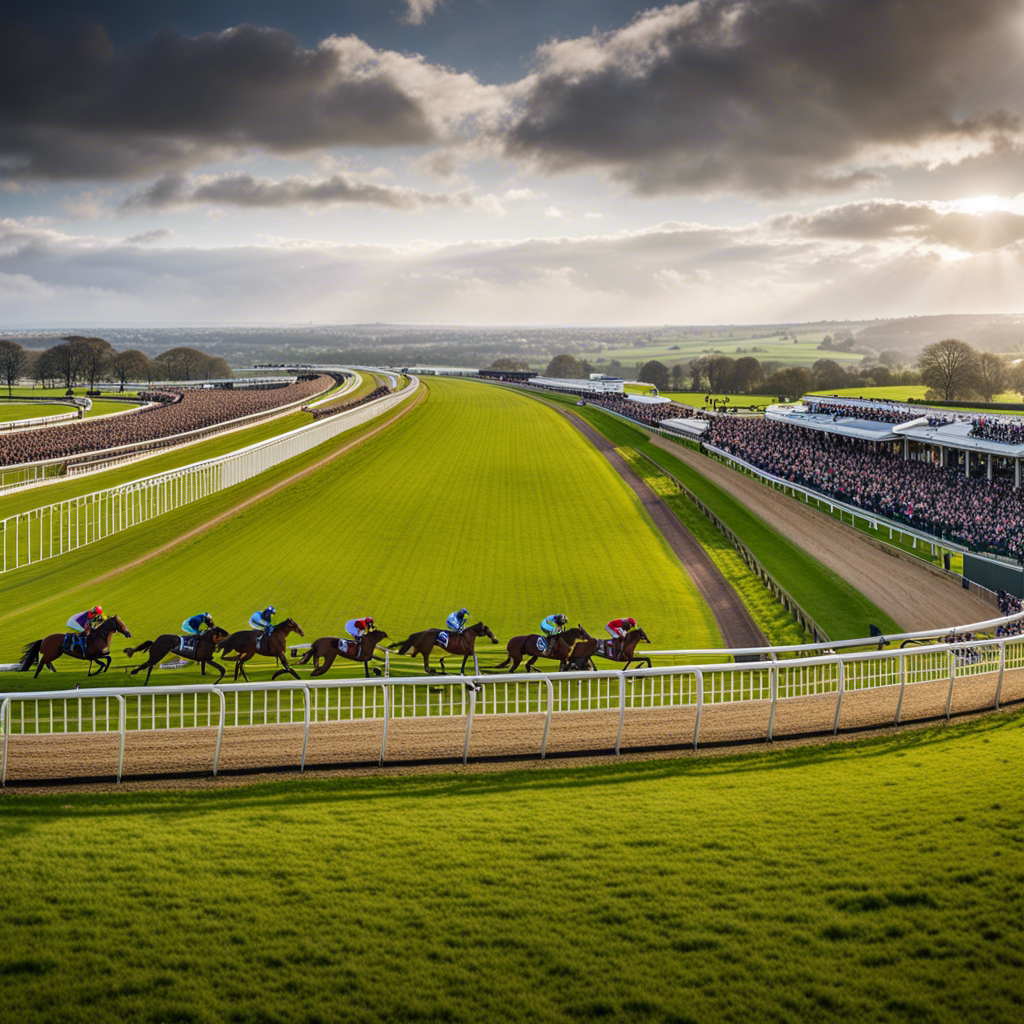In 2006, at a point when Willie Mullins was widely recognised as one of Ireland’s finest horse trainers, he dispatched 16 horses to the esteemed Cheltenham Festival. This group was a bricolage of hopefuls, long shots, perceived outsiders, and a select few favourites. As for their performance, one failed to finish; two threw their jockeys; the rest came in at positions ranging from 3rd to 20th; however, none achieved first place. There was one favourite who didn’t meet expectations. Mullins had no contenders in the Champion Hurdle or the Champion Chase and the two competitors in the Stayers’ Hurdle faced the daunting odds of 200-1 and 150-1. The horse from his stable entered for the Gold Cup, Hedgehunter, more suited to the Grand National, persevered to finish second.
What was particularly mind-boggling about that year was not Mullins’ fruitless run, his third at seven festivals, but the fact that all 10 Irish victories were claimed by 10 different trainers. Can you recall them?
Given up?
Among them were Mouse Morris, Edward O’Grady, Noel Meade, Tony Martin, Joe Crowley, Michael O’Brien, Colm Murphy, John Joseph Murphy, Raymond Hurley, and Philip Rothwell.
The year in question was an oddity and reflected a specific period in Irish history. Affluent Celtic Tiger funding fueled racing, almost like a stimulant. It was a status symbol to own a few Bulgarian investment properties and racehorses for major festivals. A late-night pub stint could often lead to waking up as part-owner of a pedigree horse. Any second thoughts were disregarded during this economic boom.
The financial landscape within Ireland’s horse racing scene has radically changed from the past to present day. There was an era when the money within the industry was distributed more uniformly; an example is when Meade took home the trainers’ championship and generated a record earnings of around €2 million from fewer than 100 winners. At current rates, the same achievement would have seen him take third place, lagging significantly behind Mullins by a stark €5 million.
Nowadays, Irish racing economy props itself on a handful – seven or eight to be precise – of super wealthy, dedicated owners. These individuals regularly invest in their racing stock and target the premium segment of the market. A majority, in certain instances exclusively, patronise Mullins.
Comparatively, Mullins today could easily witness a double digit victory at Cheltenham this week, outperforming his own best of eight. More impressively, on the first two days, ten of his horses are already the favourites in the ante-post markets. The possibility of him outdoing all British or other Irish trainers is significant.
Whether viewed as a positive or negative development, it’s apparent that Mullins’ penchant for achieving consistently high results attracts wealthy owners aiming for success without financially wasting on ‘unlucky’ scenarios. In a sport where bad luck is a constant, the solution is to strive for maximum wins when given the chance, a service provisioned by Mullins.
However, some express a sense of ennui at Mullins’ relentless prowess, a sentiment that’s challenging to comprehend yet easy to articulate. Sports enthusiasts typically root for the underdogs, while Mullins’ approach contradicts this as he typically guides the favourites in the races and often governs the initial few ranks in the betting at large spring festivals.
Rewritten Text:
The phenomenon of a horse from the Mullins stable not listed as a favourite overtaking a Mullins favourite, as witnessed four times at last month’s Dublin Racing Festival, doesn’t garner much traction as a sentimental tale. The majority of bettors will not have placed their money on the victorious horse, which typically isn’t owned by an underdog. The David and Goliath tale often narrated in sports trivialises Goliath’s impressive winning history.
An additional complexity is that disliking Mullins proves to be difficult. The same can’t be said for other serial victors such as Tiger Woods, Tom Brady, Alex Ferguson, or Novak Djokovic. Despite his accomplishments, Mullins remains accessible, cordial, humble, and genuine.
However, his dominance has somewhat drained the pre-event excitement, as unfair as it may sound. For fervent Cheltenham followers, the festival’s preceding weeks used to be as awaited as the event itself, but this anticipation has simmered down.
Compared to 15 or 20 years ago, there are fewer Cheltenham preview nights nowadays, but there hasn’t been a significant drop in attendance recently. Just the other evening, Flannery’s pub in Cork City was bustling an hour and a half before the panel discussion.
When the panel started, Mullins’s horses became the dominating topic, discussing not only their distinct advantages but also which competing categories they would participate in from their bewildering range of choices. David Casey, one of Mullins’s assistants, attempted to provide some clarity, but even he couldn’t answer all the queries. Decisions will only be finalised once all elements are considered.
According to Shark Hanlon, Mullins has reduced his horse count for this year’s festival to “only about 90.” In truth, that number will be nearer to 70. In 2013, during the time he trained five victors for the festival, he had a travelling team of 32.
Mullins, in the year under reference, set a new record beating Tom Dreaper’s 40-year standing one for having the most festival winners as an Irish trainer. Mullins stood at 26 wins, an impressive feat, placing him just six wins shy of a hundred. A record that was unheard of in the Cheltenham’s history until Mullins set it.
Regardless, Dreaper’s accomplishments of securing five Champion Chases with five different horses, as well as winning five Gold Cups with three different horses, can’t be disregarded. These feats, unimaginable in Dreaper’s era, are yet to be conquered by Mullins, indicating he’s not finished yet.
To keep abreast with the latest news, analysis and conversation, be sure to follow our Inside Politics Podcast. Additionally, sign up for push alerts for the best news, analysis, and commentary directly delivered to your phone. Stay updated with The Irish Times on WhatsApp too.

